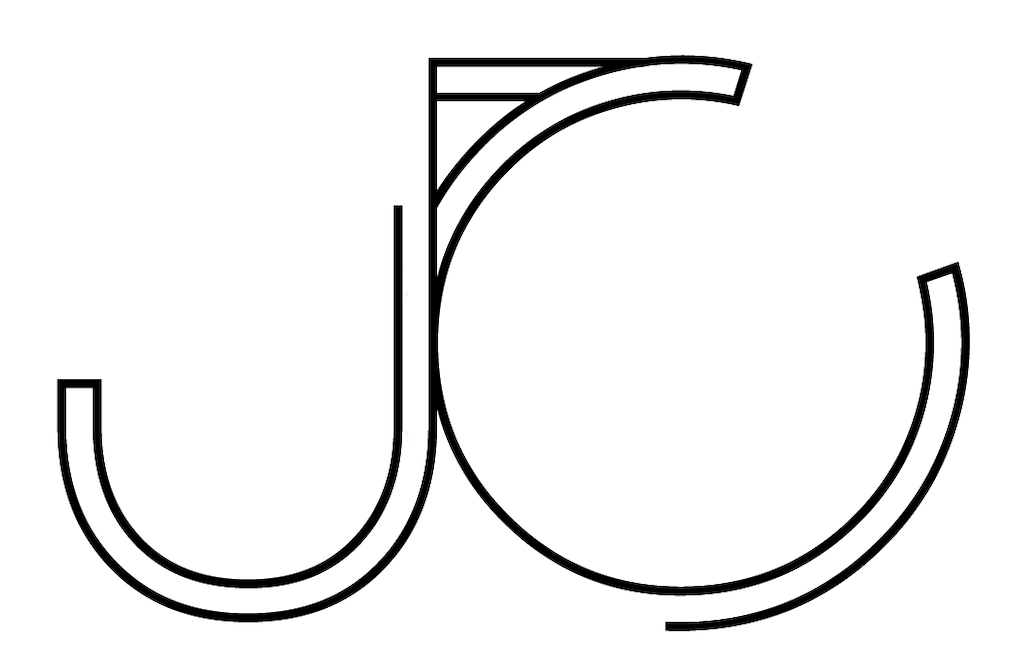Researched with the support of the Eugene Lang Capstone Grants.
![]()
8.2 Billion Stones is a short documentary exploring the disconnect between public perception, policy, and the reality of climate education in the United States. Grounded in the question “What do we do now?”, the film uplifts voices of public school teachers, student activists, and climate professionals working beyond traditional systems—across museums, nonprofits, and community organizations. Together, they outline best practices for teaching climate as a localized, tangible issue connected to broader ecological systems. Rather than treating climate change as a divisive political topic, 8.2 Billion Stones reframes it as an educational imperative—calling for interdisciplinary, justice-centered approaches that equip youth with both knowledge and agency, that affirm each student’s capability and capacity. Through highlighting resistance, innovation, and hope, the film envisions classrooms as catalysts for change, where students become informed, action-oriented problem solvers. In the face of misinformation, doomism, and systemic barriers, this short documentary asserts that climate literacy must be embedded across all sectors, nurturing intergenerational dialogue and sustainable futures from the ground up.


Credits: Producer: Jac Clayton, Director: Jac Clayton, Editor: Ricardo Ervey, Sound Designer/Composer: Andrew Sachs, Production Assistant: Wallis Meghan Rolle, Interviewees: NJ Public School Teacher, Glen Stuart, Cheif of Staff at Sustainable and Just Future, Holly Harwood, Professor at the American Museum of Natural History, David Randle, and Three Students working on the Green Corridor Lab project at Washington Heights Expeditionary Learning School, Lucero Aparicio, Reminten Reynoso, and Anthony Nemteanu.
